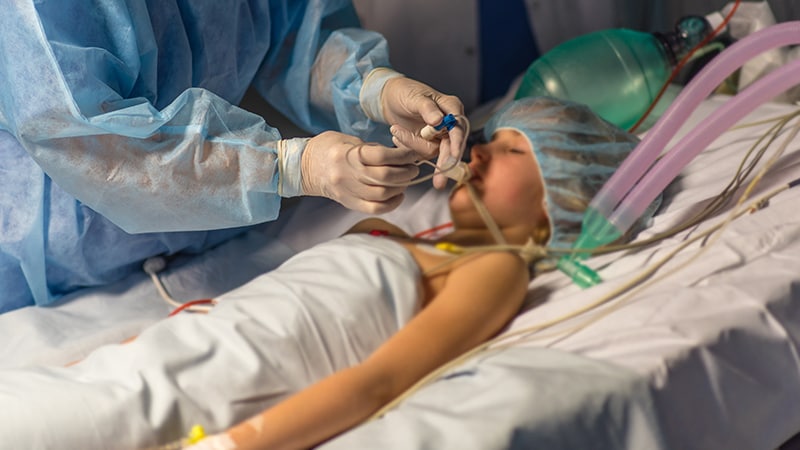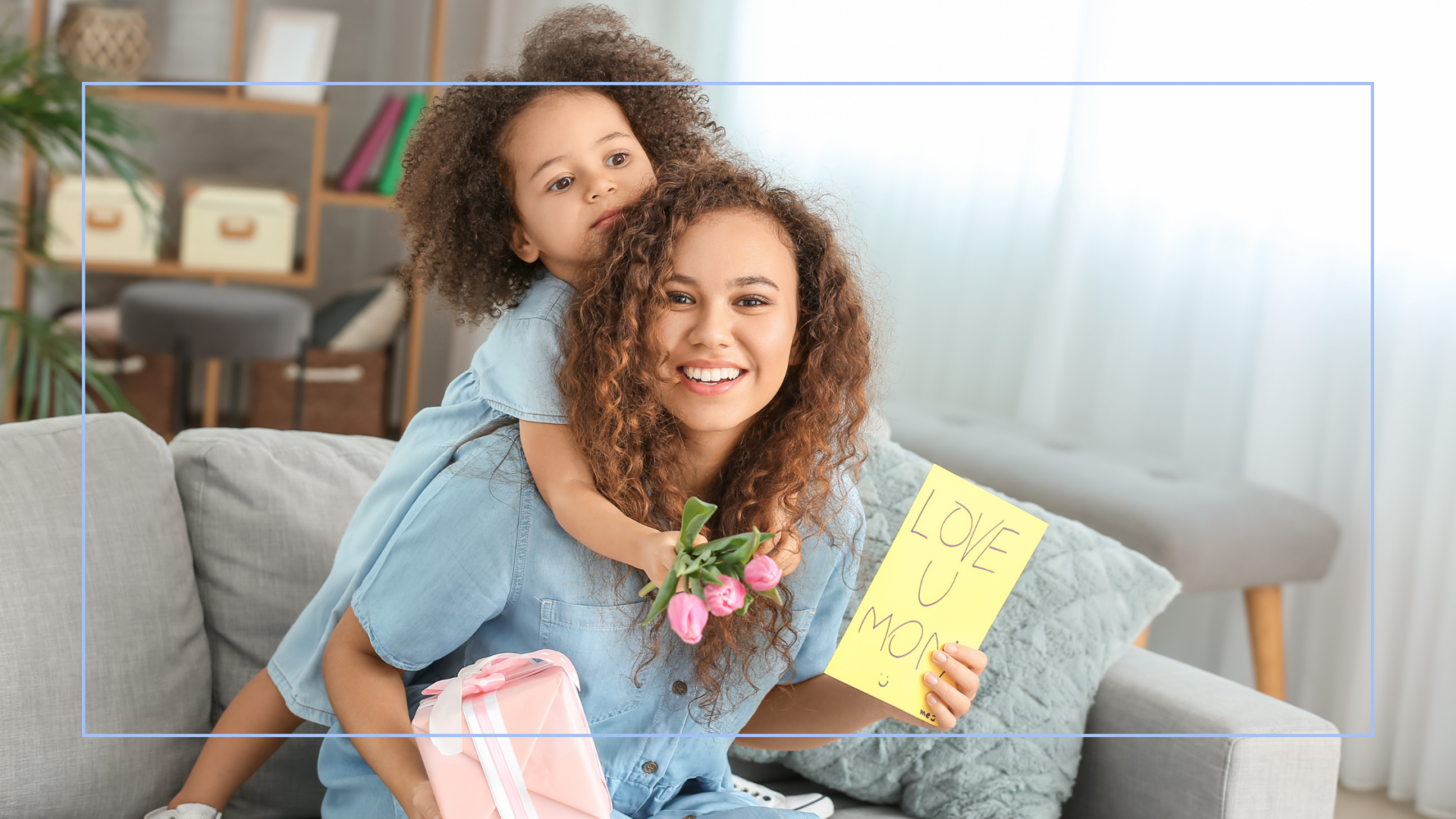- Joined
- Apr 3, 2004
- Messages
- 33,852
Yes, and I'm sure mask was required.Sorry about this @Dancing Fire I hope her case is very mild. Did she fly to Seattle? Perhaps she caught it on the plane. Hope she recovers quickly.
Yes, and I'm sure mask was required.Sorry about this @Dancing Fire I hope her case is very mild. Did she fly to Seattle? Perhaps she caught it on the plane. Hope she recovers quickly.
Yes, and I'm sure mask was required.
I am glad your niece is vaccinated and hope she will be fine.
Thanks Missy. My niece will be fine. I spoke with my sister last night and she said her daughter just have a mild case of the virus. My niece did a home test and it showed positive then she when to a clinic to do another test and now waiting for the result.
In other news, The Mr. is Negative for Coronavirus. he WAS vaccinated later than I so, I am only assuming that may have something to do with it. Or maybe it just liked me more, don't know....
In other news, The Mr. is Negative for Coronavirus. he WAS vaccinated later than I so, I am only assuming that may have something to do with it. Or maybe it just liked me more, don't know....
That's very interesting.
Are you feeling better today? Hoping you are still improving.
I know!! I'm doing well. I can def. smell because I started cleaning out the refrigerator and there was a few things that needed to be tossed (way in the back) wow....
I can only reason that he was vaccinated later. It might mean something, might mean nothing. But it can apparently happen. I've come to accept where covid is concerned what should make sense sometimes won't.
He'd have to take a more in depth test to see if he ever had it, and the way he's going on, I don't think he wants to know.

I can only reason that he was vaccinated later. It might mean something, might mean nothing. But it can apparently happen. I've come to accept where covid is concerned what should make sense sometimes won't.
In other news, The Mr. is Negative for Coronavirus. he WAS vaccinated later than I so, I am only assuming that may have something to do with it. Or maybe it just liked me more, don't know....
/cloudfront-ap-southeast-2.images.arcpublishing.com/nzme/KO3FS2TETQY2QZCUAHTCSRPCSI.jpg)
Curious, did he get Moderna like you did? And how much after you got vaccinated, was he?
Hubby was sailing through absolutely fine after his first dose of AZ ... until the nosebleed this morning which led to me having a meltdown.
But that was the only thing that has been "weird" with him since the shot so we are not keen to run to hospital as Sydney is pretty Covid ridden right now.
I'm just very stressed!!!!!

Thank you so much @MamaBee
I really appreciate your kind words. I did ring his doctor, my pharmacist best friend, the health hotline who told us to go to the doctor if there are more nosebleeds or any other warning symptoms but that he's likely fine if that was it. Haha they did ask me to ring another hotline to report the symptom so they can track side effects.
I don't know what is worse! My bestie's husband has a persistent headache that's gone on for a week (he got his first dose of AZ too)! That would have set me right off too!
It will be much easier if we can pass 30 days!!!! I suspect I'll be on these boards fretting quite a bit until then.
Big hugs @mellowyellowgirl Its definitely a stressful time! I think once two weeks go by he should be absolutely fine!
I don't know why, but I'm finding this exchange with you incredibly comforting!!!! I'll take what I can get these days. Thank you so much for your kindness!!!!!!


Meanwhile, New Zealand will enter a nationwide lockdown over a single case. Here’s the latest on the pandemic.
